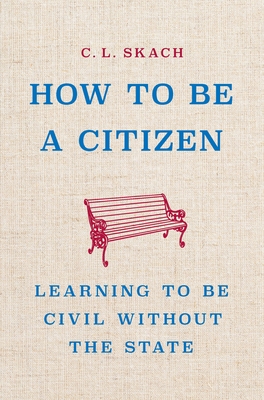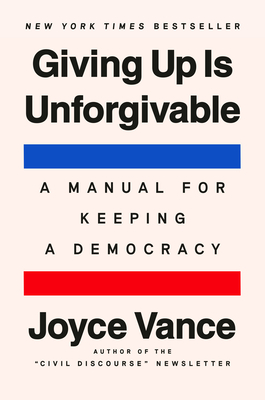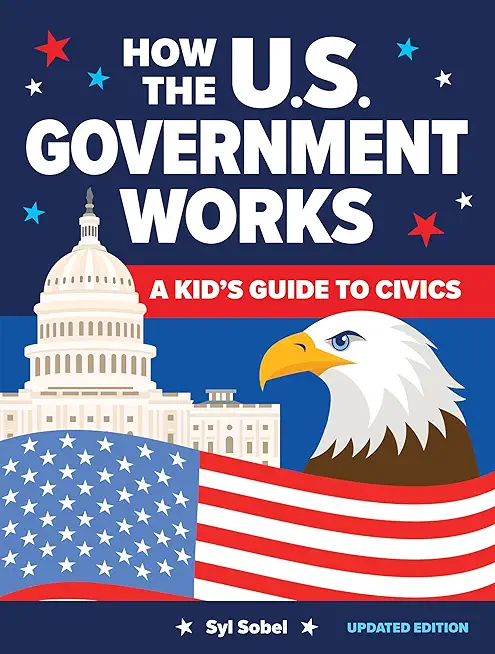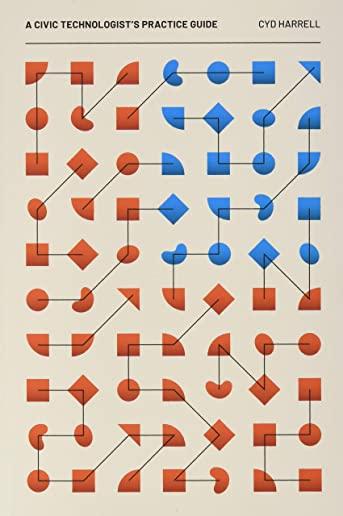
description
0An expert on the writing of constitutions argues that the path to a thriving society begins with forgetting about them: "Not James Madison but Bob Dylan or Annie Lennox should be our guide" (Mark Tushnet). In 2009, constitutional scholar C. L. Skach went to Iraq to help revise the constitution. She survived a missile barrage in the Green Zone--an event that proved a breaking point in her thinking about constitutions. In short: they don't really work. In How to Be a Citizen, Skach calls to move beyond constitutions. She argues that just as complex natural systems spontaneously generate order, we can, too. Looking to pandemic gardens, Reggio-Emilia schools, and community-driven safety patrols, she envisions not government by force, but society that is local, cultivated, and true. Grounded in six principles as simple as a call to spend time on a park bench, this book shows how community spaces, education, and markets can be reshaped to nurture cooperation and encourage flourishing. Equal parts personal, philosophical, and practical, How to Be a Citizen invites us to see society not as something imposed by law, but rather something we create together.
member goods
No member items were found under this heading.
Return Policy
All sales are final
Shipping
No special shipping considerations available.
Shipping fees determined at checkout.







